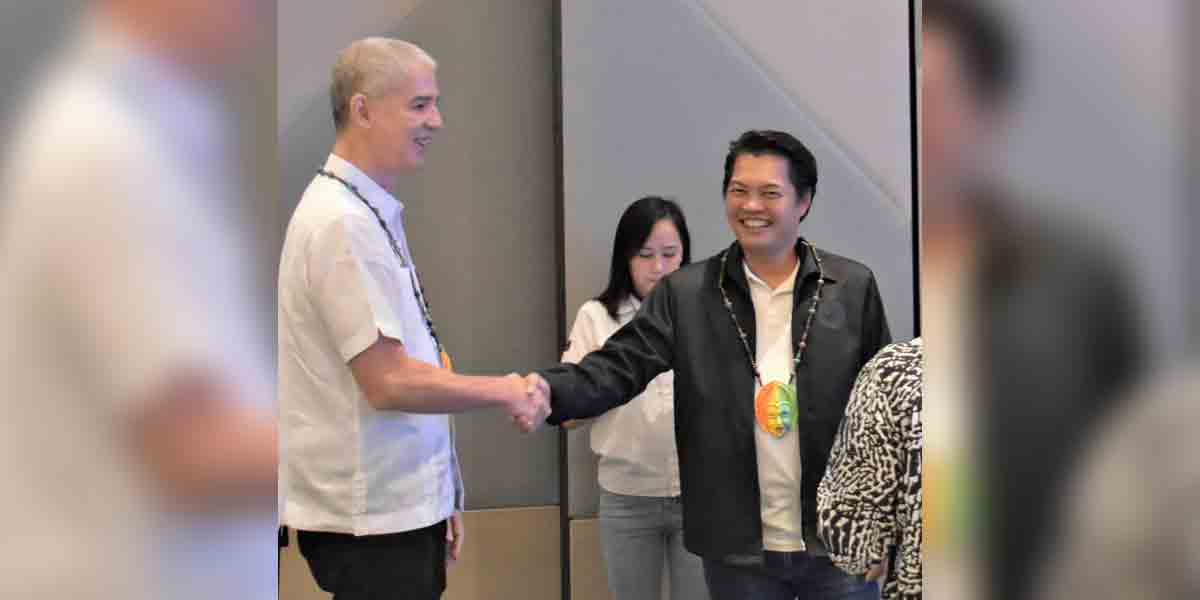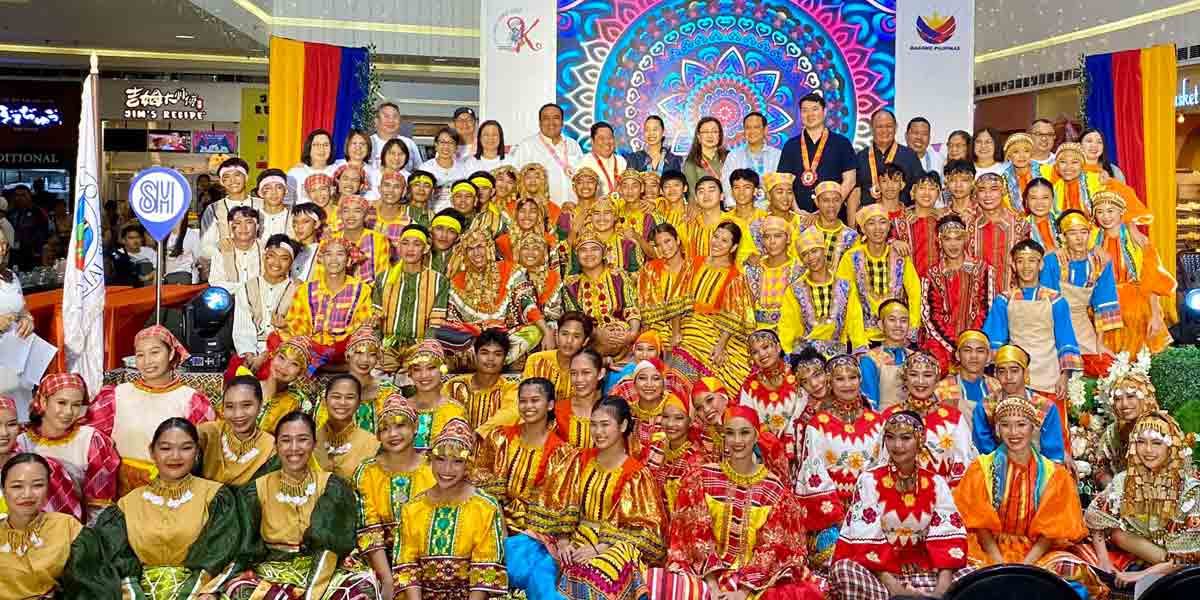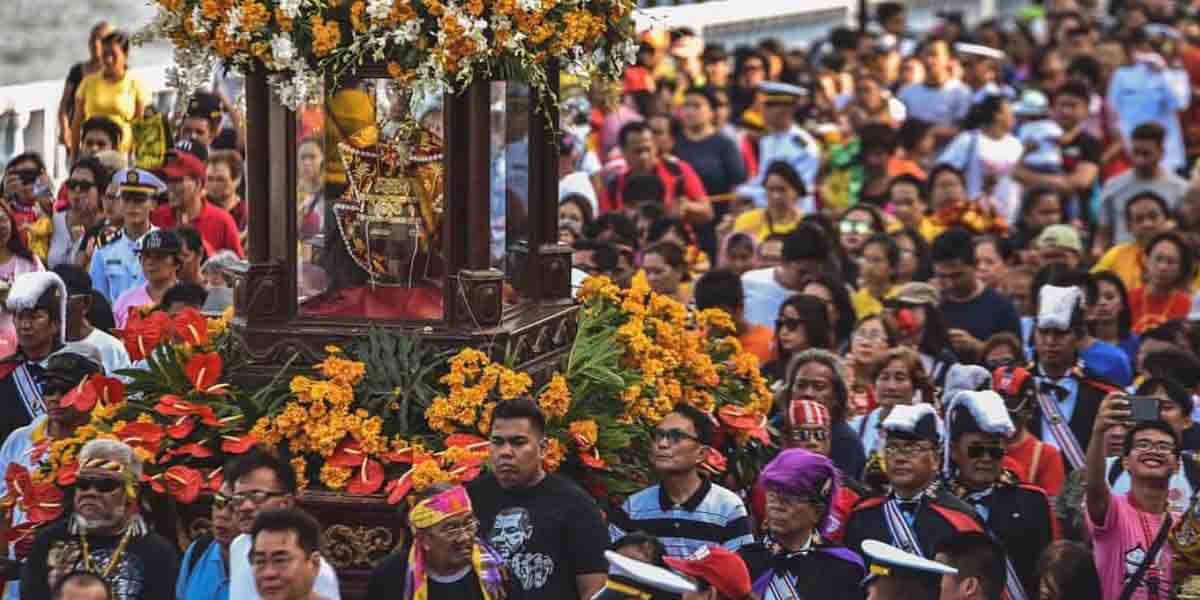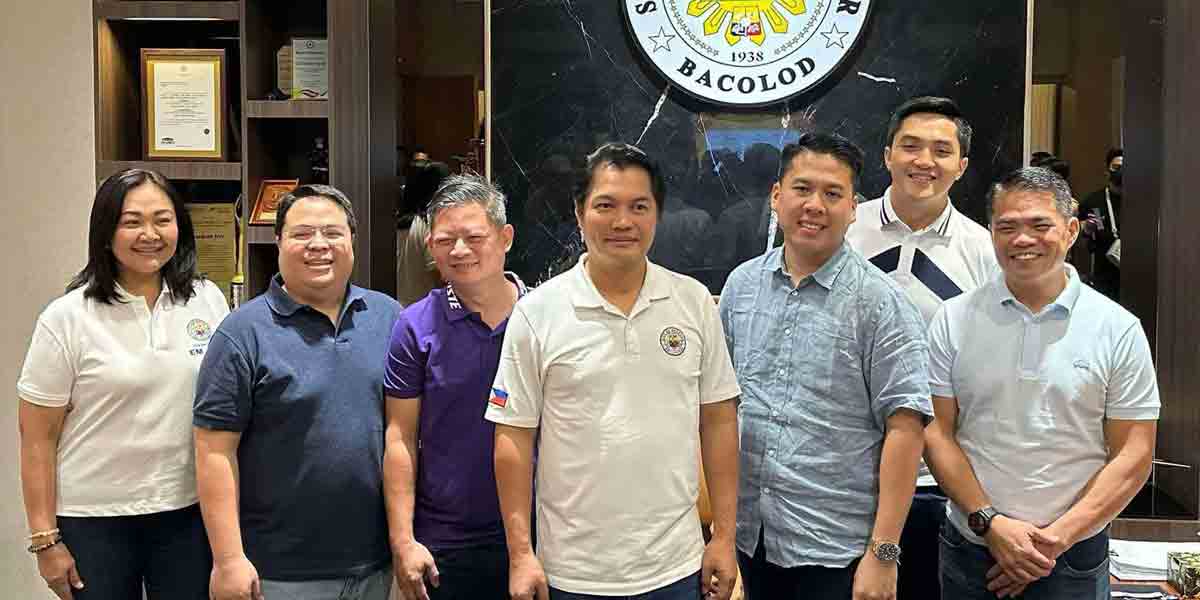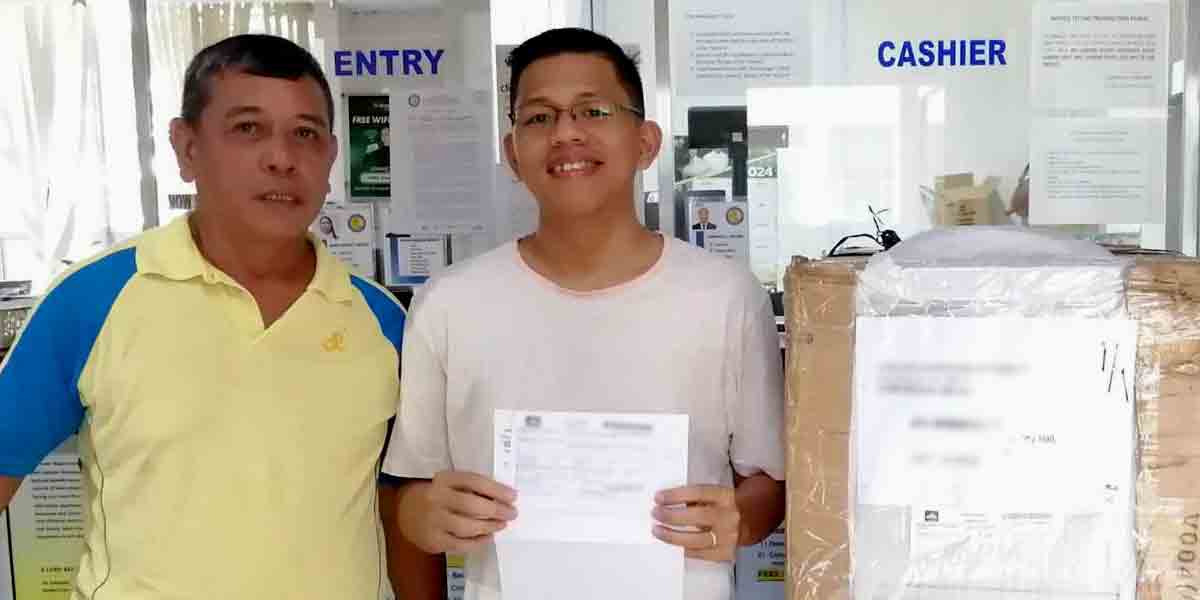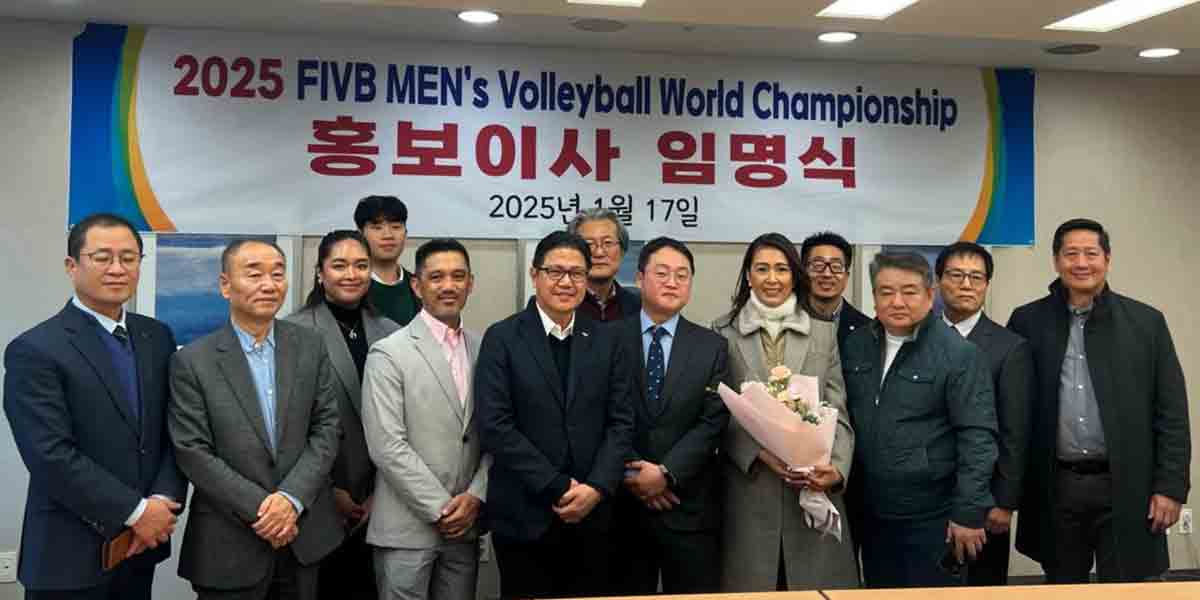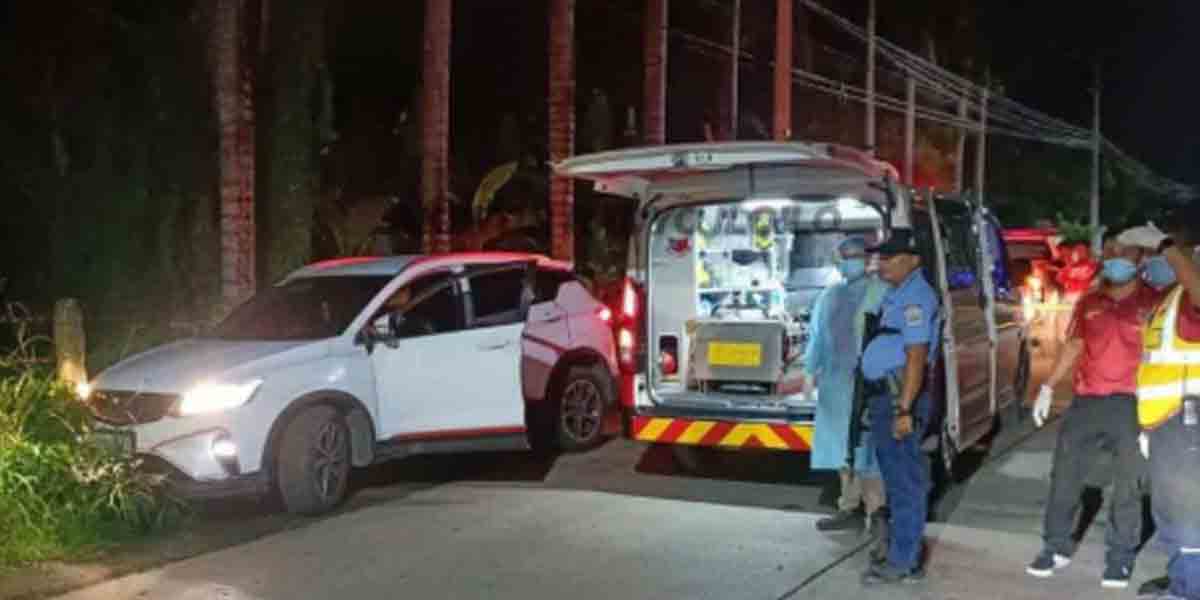By Kentaro Furuya
Originally responsible primarily for maintaining good order and the safety of life at sea in domestic waters, the Japan Coast Guard (JCG) has expanded its commitment to international duties to cultivate external relationships and much-needed capacity building in neighboring states.
While they began in the 1970s, these international activities have, in recent years, become essential functions in realizing Japan’s Free and Open Indo-Pacific (FOIP). The JCG’s broad spectrum of capabilities and engagements makes it indispensable across all elements of Tokyo’s broader regional strategy, and its deepening partnership with the United States Coast Guard (USCG) is amplifying its impact.
Several states have adopted the Indo-Pacific as a geographic and policy concept in pursuing their national interests. Prime Minister Abe Shinzo first articulated Japan’s FOIP concept at the TICAD VI meeting in Kenya in 2016. The Abe administration considered it vital to connect Asia to Africa in order to link accelerating Asian economies with Africa’s rich resources. Washington published its own FOIP strategy in 2017. ASEAN then followed with its “ASEAN Outlook on the Indo-Pacific” in 2019, setting out its views on this concept, in line with the shared understanding among member states. In a similar vein, the EU created a Strategy for Cooperation in the Indo-Pacific.
The government of Japan views its FOIP as the best way to reinforce the rules-based international order it relies upon and connecting itself to Africa as an attractive prospect for ensuring its economic future. Within this concept are three pillars—promotion and establishment of the rule of law and freedom of navigation, free trade and the pursuit of economic prosperity, and commitment to peace and stability.
Under the first pillar of its FOIP vision, the Japanese government commits itself to enhancing and advancing cooperation with like-minded states which share the principles of the rule of law and freedom of navigation. Tokyo’s work in providing quality infrastructure makes up its FOIP’s second pillar, including ports, railways, and roads physically creating the connection between Africa and Asia. Tokyo’s emphasis on building comprehensive trade agreements also falls under the strategy’s second pillar. Within the third pillar, the government invests considerably in capacity building, with particular emphasis upon maritime law enforcement and maritime domain awareness. Japan’s efforts also include humanitarian assistance and disaster relief (HA/DR) operations, counter-piracy and counter-terrorism operations, and countering the proliferation of weapons of mass destruction.
The JCG expends considerable effort in strengthening the relationships among maritime law enforcement agencies (MLEA) in the Indo-Pacific and beyond to advance the rule of law and freedom of navigation. For example, JCG launched the North Pacific Coast Guard Forum in 2000. Consisting of mature coast guard agencies in the north Pacific region, the forum aims to foster operational interactions and convenes exercises to deepen mutual understanding. Then, Subsequently, the JCG launched the Head of the Asian Coast Guard Agencies’ Meeting (HACGAM) in 2004, creating a forum to discuss the construction and development of critical operational capabilities in MLEAs in Asia. Lastly, the Coast Guard Global Summit was launched in 2017. This international framework for coast guard agencies exists to foster a global approach to shared challenges at sea as well as develop the members’ respective workforces. These dialogues knit together coast guard agencies at the regional and global levels, building confidence and mutual understanding.
Capacity building is another way Tokyo seeks to implement its regional vision. To implement its commitment to peace and stability, enhancing the capability of regional states to maintain good order in their own waters is essential. In this regard, the JCG has been active for nearly half a century, beginning with hydrographic surveys to support partners and expanding its works to include environmental protection and law enforcement efforts. The JCG carefully structures its assistance in most cases to support the recipient states’ abilities to secure their own waterspace, rather than intervening directly or by deploying Japanese assets abroad. This is not to say that the JCG is not active outside the Japanese exclusive economic zone (EEZ). Operationally, the JCG dispatches its assets abroad annually for counter-piracy patrols and for combined exercises with regional counterparts. In 2022, the JCG dispatched the 5,300-ton cutter Mizuho for counter-piracy patrolling and exercises, including an oil spill response exercise with Indonesia and the Philippines.
Using education to advance partnerships and improve policy formulation, the JCG and the National Graduate Institute for Policy Studies (GRIPS) launched the Maritime Safety and Security Policy Program in 2015. The significance of the program was highlighted when Prime Minister Abe addressed in his speech at the 73rd Session of the United Nations General Assembly that students of MSP learn and share the principle that “the maritime order is a matter of the rule of law and one that is rule-based.” Through the study of international law and international relations, students deepen their understanding of the legal framework and how international order and stability are maintained at sea.
Furthermore, the Japanese government enhances the capability of MLEAs in the Indo-Pacific region by donating patrol ships. This concept has evolved over the course of years—at its outset, Tokyo hesitated to even provide patrol ships with bullet-proof windows to avoid the perception of providing military equipment. But by 2006, the government decided to change its policy and began providing more capable patrol ships, with the first going to Indonesia under a grant aid scheme. Tokyo subsequently donated patrol ships to Djibouti and Vietnam in 2015, the Philippines in 2016, Malaysia in 2017, and Sri Lanka in 2018.
The enhanced relationship between the JCG and the USCG further strengthens attempts to realize and advance Tokyo’s FOIP concept. The two coast guards signed a key memorandum of understanding (MOU) in 2010 which established an expectation of comprehensive cooperation between the two but was not overly detailed. Both coast guards recognized that in order further to strengthen the cooperative relationship, concrete shared objectives were necessary in areas like operations and exercises, professional exchanges, academic instruction, and capacity building. Thus, on May 18, 2022, JCG and the USCG signed SAPPHIRE (Solid Alliance for Peace and Prosperity with Humanity and Integrity on the Rule-of-law based Engagement), an annex to the 2010 MOU.
The first combined exercise conducted under the auspices of both documents took place just after the SAPPHIRE signature ceremony in San Francisco on May 20, 2022. The JCG’s training ship, PL21 Kojima, joined a combined exercise focused on maritime search and rescue and communication. Following that event, PLH21 Mizuho was dispatched to participate in a counter-narcotics exercise off the coast of Guam. A real-world maritime emergency interrupted the exercise, and the participating American and Japanese assets conducted combined search and rescue operations. What began as an exercise quickly became a proof of concept, in which US and Japanese assets cooperated to save lives. Following this, in July of 2022, a combined Japan-US team conducted the first combined capacity-building program in Manila for the Philippines Coast Guard. JCG dispatched its Mobile Cooperation Team, and the combined JCG-USCG instructors led exercises such as towing, fire-fighting, and high-speed boat operations.
As Japan-US relations continue to strengthen, the more cooperative relationship between the two coast guards provides another layer to the security architecture, which leads to a more secure and stable sea. In addition, the JCG and USCG confirm and jointly disseminate those shared values, such as the rule of law and freedom of navigation, through joint operations and capacity building.
The JCG’s power goes far beyond the strength of its platforms and their capabilities. Its outreach and international engagements, combined with the provision of critical capacity building, reinforce the rules-based order of the Indo-Pacific. Its normative strength is magnified by these activities, as well as by its deepening relationship with the USCG, which has created a strong bilateral tie that will multiply the efforts of both across the Indo-Pacific. The JCG’s success in pushing forward the Japanese FOIP agenda is a model for use across the region, highlighting that cooperation and support are a powerful attractive force that draws in new partners and creates positive ties.
Capt. Kentaro Furuya (JCG) (k-furuya@grips.ac.jp) is an adjunct professor at the National Graduate Institute for Policy Studies (GRIPS) and professor at the Japan Coast Guard Academy.
This PacNet was developed as a part of a workshop on potential cooperation among Quad coast guards to implement the FOIP vision organized by YCAPS. The papers were edited by John Bradford (RSIS) and Blake Herzinger (AEI).

